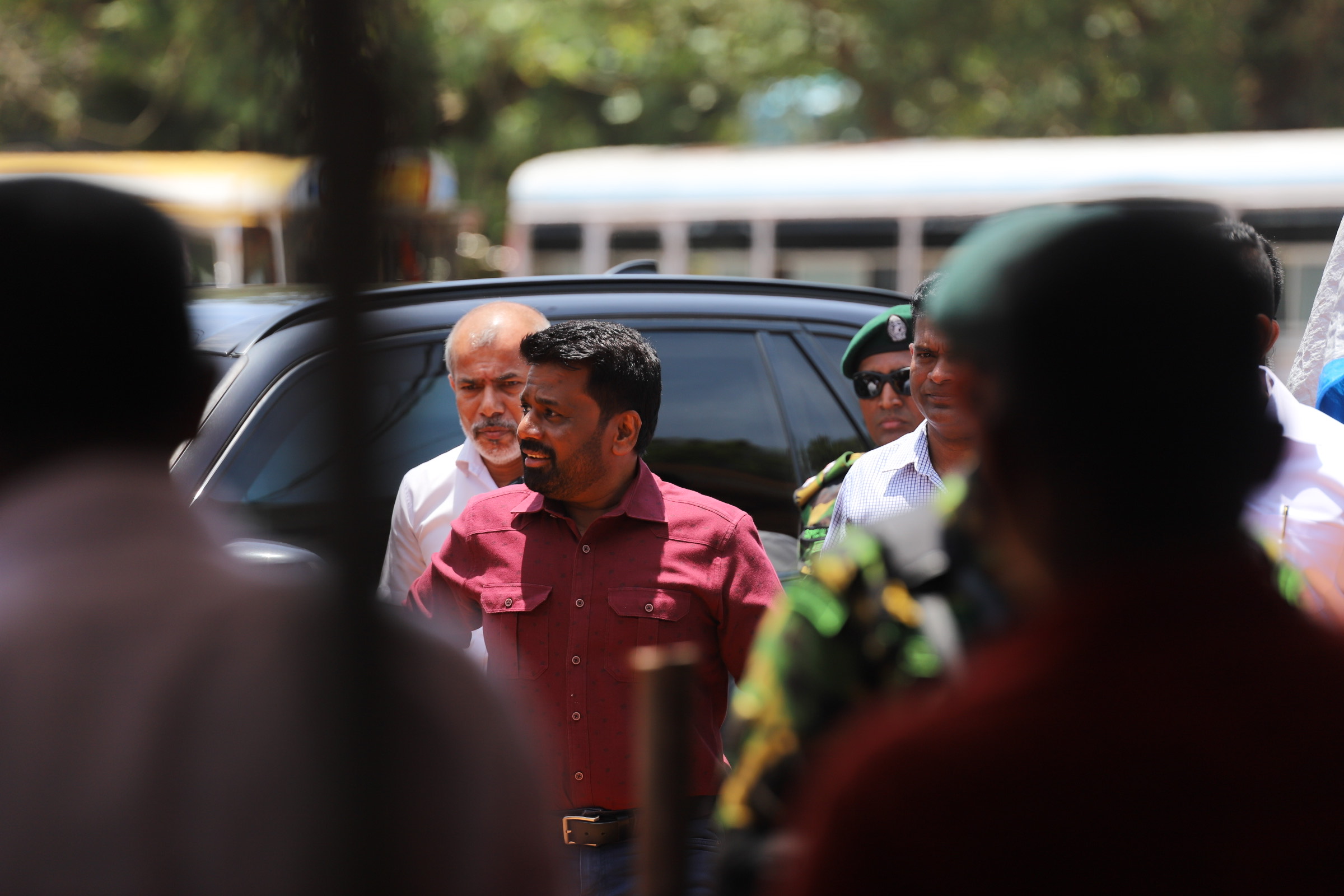Puttalam mangroves destroyed by Minister's salterns
The Deputy External Affairs Minister, Neomal Perara, has been accused of illegally aquiring land along Puttalam lagoon in order to create salterns, reports The Sunday Leader.
The Divisional Secretary of Kalpitiya, Ranga Fernando, said,
“The mangrove was completely bulldozed last year without taking any approval from the Forest Department. We got to know that Perera’s men were bulldozing the mangrove on a Sunday morning and immediately took an injunction order by the same evening. Hence we were able to stop further destruction to the mangrove."
"Later we found out that they have started illicit mangrove destruction from Friday evening – after all government departments closed for the weekend. We still cannot determine as to what the extent of this bulldozed area is since it is a large extent. I assume it could be several acres. We have to carry out a new survey now to demarcate the boundaries,”
During Chandrika Kumaratunge presidency, Perara reportedly aquired 150 acres around the Puttalam lagoon for a saltern on a lease agreement with the support of Gamini Jayawickrema Perara - who was the then chief minister of the North Western province.
However, a forest ranger in Puttalam, S.M.K.W. Kotuwegedara alleges that on two occasions Perera has ordered the illegal destruction of mangroves and has illegally aquired land to extend his salterns.
Kotuwegedara said,
“Perera, little by little he got the saltern extended illegally. As a result we have filed two cases against his company –St. Ann’s Salt (Pvt) Ltd in the Puttalam District Court,”

